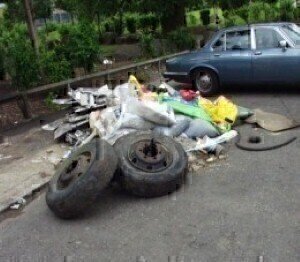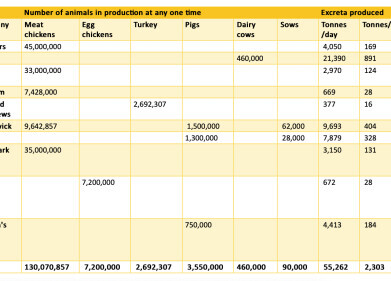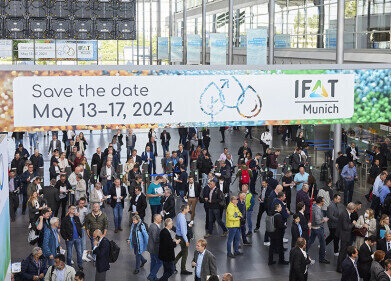Waste Management
World Bank issues warning over urban waste
Jun 11 2012
World Bank have released a warning to city authorities over urban waste, encouraging them to reduce, reuse, recycle or recover energy from waste collection.
A new report, entitled What a Waste: a global review of solid waste management, provides original data on municipal solid waste generation, collection, composition and disposal by country and by region.
The organisation uncovered that urban waste was growing at the fastest rate in China, which has overtaken the US as being the world's largest waste generator. Growth in waste rates coincided with rates for urbanisation and increases in GDP, which has been increasing rapidly in China over the past decade.
Future waste build up from urban areas is set to almost double by 2025, the report projects, increasing from the current 1.3 billion tonnes a year to 2.2 billion by 2025. The annual cost of waste management will increase at a similar rate, rising from $205 billion (£132 billion) to $375 billion (£241 billion), with cost increasing most sharply in poorer countries.
Rachel Kyte, vice-president of sustainable development at the World Bank said: "Improving solid waste management, especially in the rapidly growing cities of low-income countries, is becoming a more and more urgent issue.
"The findings of this report are sobering, but they also offer hope that once the extent of this issue is recognised, local and national leaders, as well as the international community, will mobilise to put in place programmes to reduce, reuse, recycle, or recover as much waste as possible before burning it (and recovering the energy) or otherwise disposing of it. Measuring the extent of the problem is a critical first step to resolving it."
Authors of the study have called for an integrated solid waste management plan, saying that all affected parties should be represented in the plan, such as citizen groups and those working on behalf of the poor and the disadvantaged. Public health and environmental protection aspects of any such plan were also cited as being critical.
Posted by Joseph Hutton
Events
May 05 2024 Seville, Spain
May 13 2024 Munich, Germany
May 23 2024 Beijing, China
May 23 2024 Beijing, China
Jun 10 2024 Algiers, Algeria













